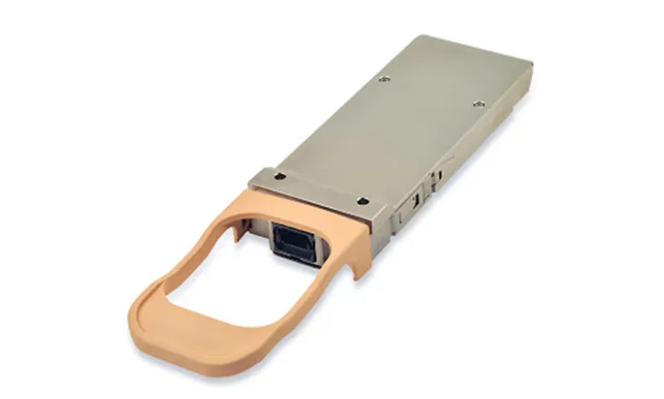PRODUCTS

- The growing demand for data centers and cloud computing resources has fueled the development of hyperscale cloud data centers. The continuous increase in global data traffic is pushing data centers from 100G to faster, larger bandwidths with lower latency. 400G will be the direction for next-generation backbone network upgrades and new infrastructure, becoming an inevitable trend for data center d2219

- The 400G QSFP112 optical transceiver module has revolutionized the field of networking and data transmission. With the increasing demand for faster data transfer rates, this device offers higher bandwidth, lower latency, and improved energy efficiency. This article will explore the technical specifications, use cases, and performance advantages of the 400G QSFP112 module.How Does the QSFP112 Work?2491

- Optical modules are key components in fiber optic communication systems, responsible for electro-optical conversion, meaning the conversion of electrical signals to optical signals or vice versa. The internal structure of an optical module is complex but can be divided into several main parts. Below is a detailed breakdown of its internal structure:1. Optical Transmission SectionLaser (Light Sourc2321

- 1. Definition of 100G QSFP28100G QSFP28 (or 100 Gigabit Quad Small Form-Factor Pluggable 28) is a series of high-speed optical modules designed for data communication and networking applications. The full name QSFP28 stands for Quad Small Form-Factor Pluggable Plus 28, meaning it is a four-channel small pluggable module. Each channel can achieve a rate of up to 28 Gbps. These optical modules are w1409

- BIDI QSFP28 ZR 100G Transceiver100G QSFP28 ZR4 BIDI module, with mature architecture of 4*25G NRZ on both the electrical and optical sides, fully compatible with existing network equipment interfaces. The O-band wavelength range reduces the dispersion effect of long-distance transmission, SOA integration technology compensates for the optical signal at the receiving end, high-power lasers improve1847


 CHS
CHS Walsun Mall
Walsun Mall










